Start with a cool compress
Allergic reactions on the skin usually show up as red, itchy skin rashes. The skin can sometimes feel warm to the touch, and the symptoms appear when you come in contact with a substance that the skin mistakes for a threat. Poison ivy is one of these, but soaps, moisturizers, and even clothing can cause an allergic reaction. Home remedies for allergic skin reactions are among the best treatments. You can use cool compresses to ease the pain and itchiness.
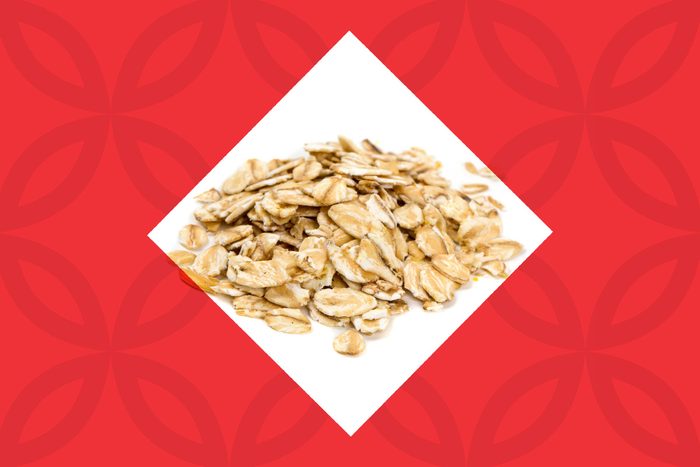
Soak in an oatmeal bath
Bathing the skin in colloidal oatmeal has also shown good results in providing relief for allergic skin rashes. “Colloidal oatmeal is wonderful for helping with the itch and calming inflamed skin, as a humectant, or a product that attracts moisture and help to seal it in to create a moisture barrier,” says Ranella Hirsch, MD, dermatologist and president of Skincare Doctors in Boston. “Add a cup or two to your bath to relieve eczema and psoriasis, but make sure to stick with lukewarm water, as hot water can exacerbate the underlying conditions.” Just make sure this is the right remedy in the first place, advises Jonathan Kantor, MD, medical director at the Florida Center for Dermatology, in St. Augustine, FL. He says it’s important to make sure you have an accurate diagnosis. This way, you can be sure of what you’re truly dealing with before attempting to treat it.
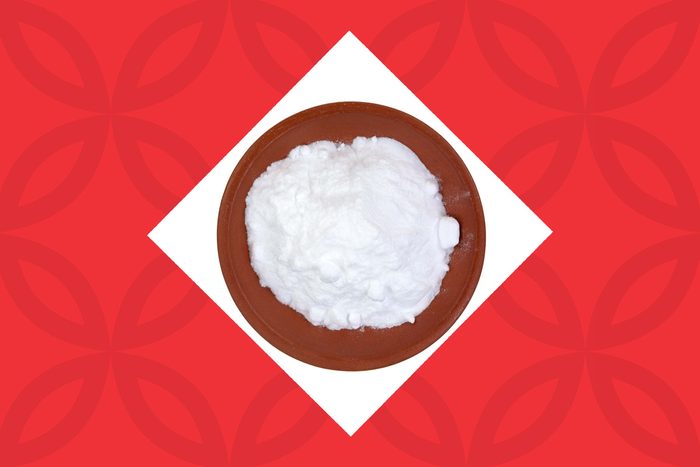
Or try a baking soda bath
Baking soda may soothe itchy skin rashes. Although there’s no science to back up this home remedy, it may be worth a try. Dr. Hirsch suggests adding 1/4 cup of it to a warm bath, then soaking. Or, she says you can mix some of it with water to make a paste, applying it directly to the affected area. “Baking soda is purported to be an anti-fungal, and can help sooth elements of itch that they cause,” she explains.
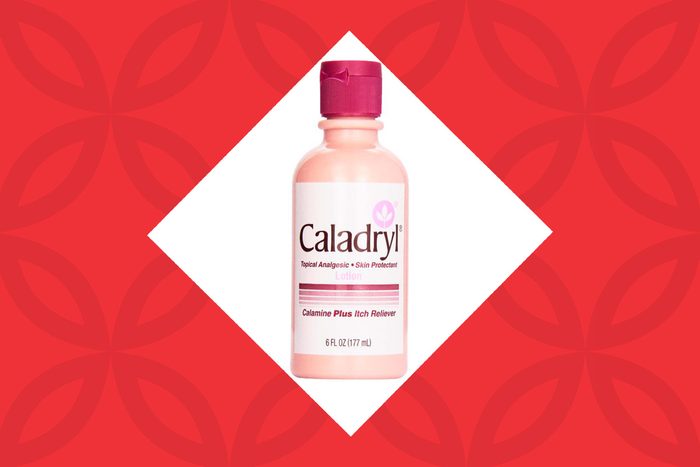
Dab on some calamine
There’s a reason calamine lotion was a staple in your mom’s medicine cabinet. The anti-itch medicine causes a soothing cooling feeling on your skin, providing skin rash relief. The Mayo Clinic says it’s used “to relieve the itching, pain, and discomfort of minor skin irritations, such as those caused by poison ivy, poison oak, and poison sumac.” It also helps dry up the oozing and weeping that sometimes occurs with these rashes. While beneficial, they also advise you to check with your doctor before using it on a baby or an elderly person, or if you think you might have any allergic reactions. If the desire to scratch still lingers, here’s what your itchy skin may reveal about your health.
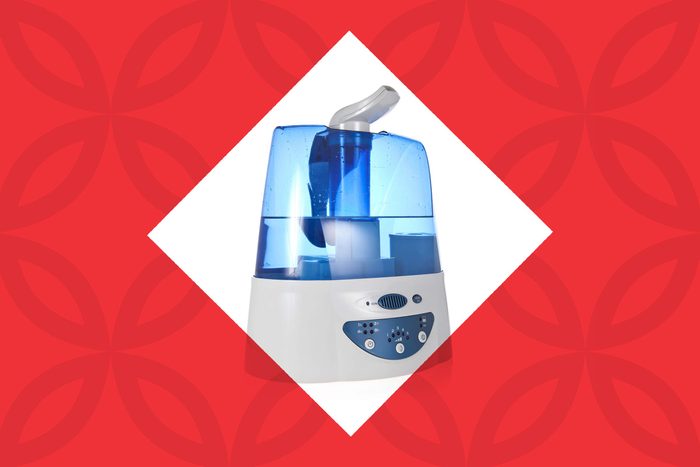
Sleep with a humidifier on
For chronically dry skin that leads to rashes, try a humidifier. These are machines that add moisture to the air. “Humidifiers can be very helpful for those with dry skin,” says Dr. Kantor. He notes that eczema is not as common in humid areas, saying that such environments can help even if you’re genetically predisposed to dry skin. A heads up though: “Remember that AC units act a dehumidifier, so throwing a humidifier in a room where you have central AC pumping away probably won’t do all that much,” he explains. Dr. Hirsch adds, “I especially encourage patients to place humidifiers in rooms where they spend lots of time, such as your bedroom or cubicle at work.”
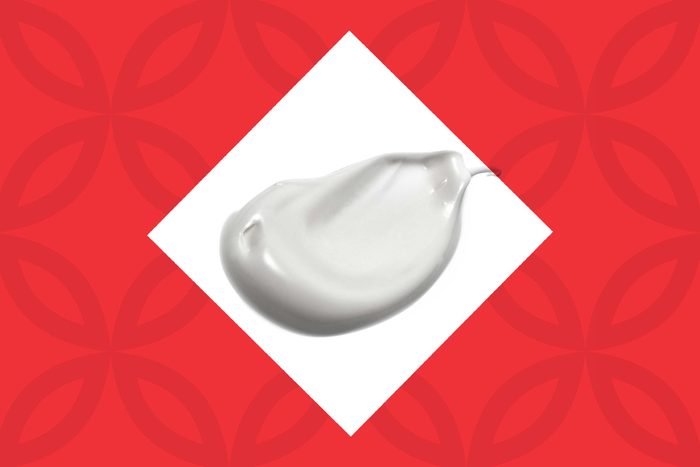
Make moisturizer a habit
Moisturizers are a great home remedy for dry skin rashes. You can choose just about any OTC brand to help relieve your dry skin. To make your moisturizer even more soothing for your dry, rashy skin, keep your skin covered after you apply it. For instance, for dry, scaly feet, use moisturizer and then wear socks. Look for a moisturizer with ceramides, an ingredient that locks in moisture, and free of fragrance and parabens.
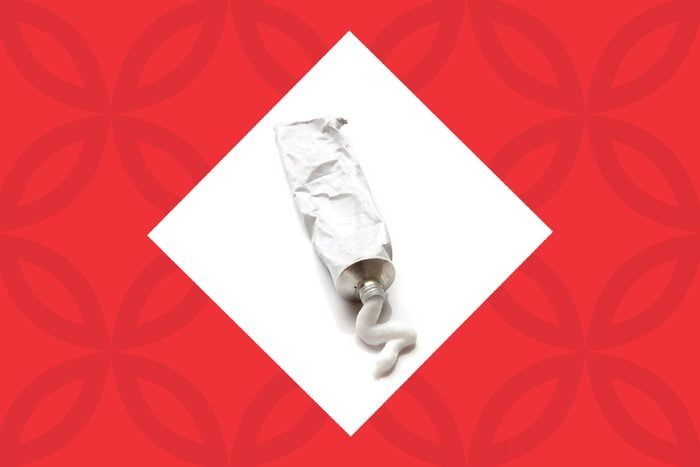
Keep hydrocortisone cream on hand
According to the National Eczema Association, this OTC cream works by “reducing redness, itching, and inflammation.” They say that its use is for temporary relief of itching and rashes that are caused by most types of eczema. However, they also state that it is a milder steroid and as such, you should use it as recommended and follow label directions carefully. Additionally, Dr. Kantor warns of a phenomenon called tachyphylaxis that can occur with topical steroid use. “The more you use a steroid, the more the body gets used to it and needs a stronger steroid down the road to accomplish the same effect,” he says. “It is almost like an addiction, where to get the same effect you need a stronger dose. So there is a downside to using even over-the-counter steroids, and they can also make some problems (acne, fungal infections) much worse over time.”
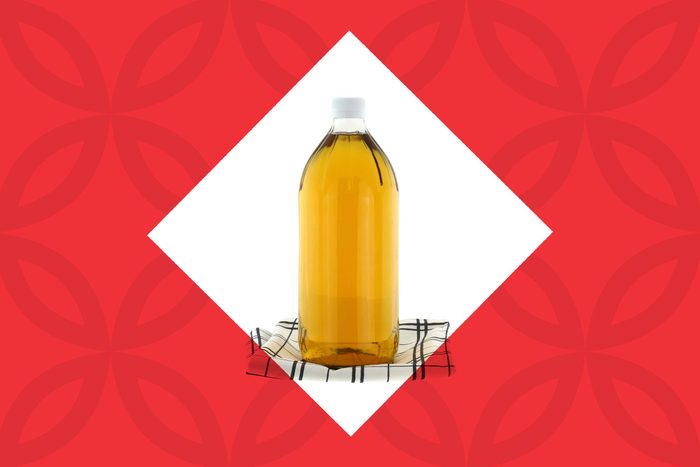
Get relief from your rash with apple cider vinegar
Apple cider vinegar (ACV) may help with allergic reactions, dry skin, and itchy skin. Anti-septic and anti-fungal, apple cider vinegar can also help with many skin infections. Another benefit of apple cider vinegar for skin rashes is that it also helps with dry skin. It helps by balancing the acid-base level of the skin and increasing moisture. If you think that this might be nothing more than an old wives tale, consider that the National Eczema Association (NEA) isn’t dismissing its potential. They note that because ACV is a mild acid, it may help people with eczema restore their skin’s natural pH level. Therefore, it can’t hurt to try an ACV bath. The NEA says you can do this by adding two cups of ACV to lukewarm water, soaking for 15 minutes, rinsing with cool water, and finishing with a fragrance-free moisturizer.
